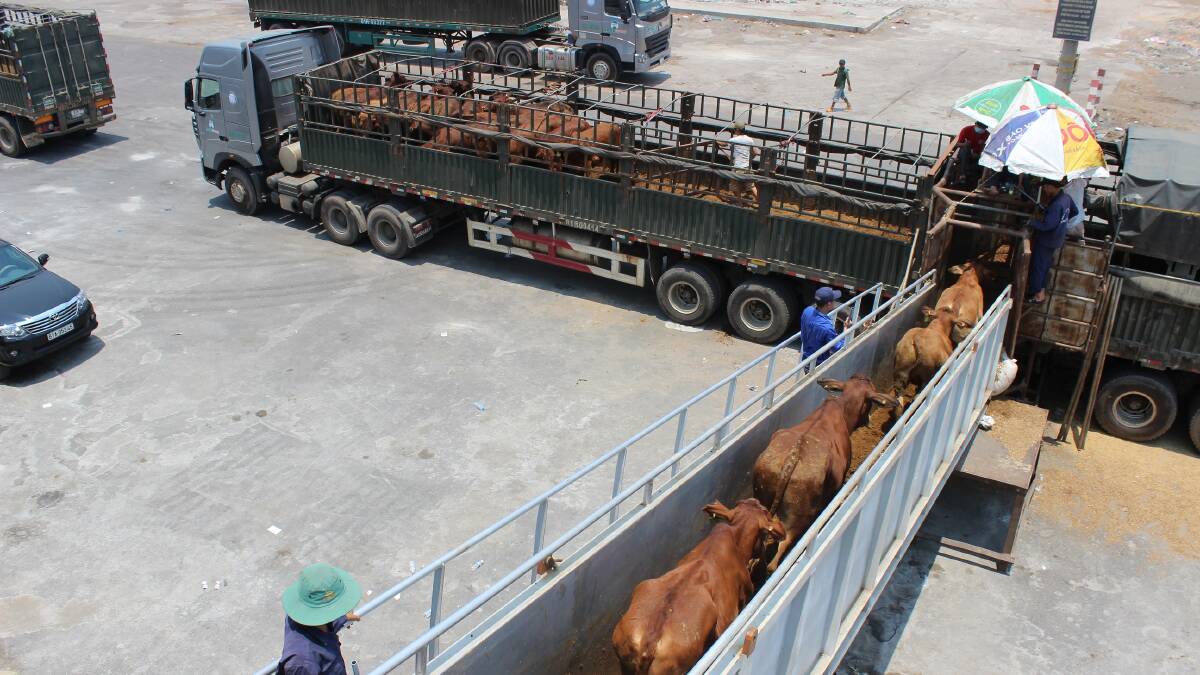
THE waiting game continues for a ruling in the class action claim against the Commonwealth Government over the infamous 2011 Indonesian live cattle export ban.
Subscribe now for unlimited access to all our agricultural news
across the nation
or signup to continue reading
It has been a year now since evidence of detriment in the second phase of the case was wrapped up in the Federal Court.
The applicants see the lengthy period Justice Steven Rares is taking on the case as a positive sign, indicative of the complexity of the issues and the vast volumes of evidence involved.
The Northern Territory's Brett Cattle Company are lead litigants in the legal action that is seeking to prove misfeasance in former Labor Agriculture Minister Joe Ludwig's decision to suspend the live cattle trade to Indonesia for up to six months in mid-2011.
The minister's decision came in response to unprecedented public backlash ignited by dramatic television footage of animal cruelty filmed by animal activists in Indonesia abattoirs.
The core of the applicants' argument is that the government did not need to ban the trade and therefore that decision was in fact illegal.
The applicants are seeking $600m in compensation, which was the estimate of the losses incurred by the 300 entities involved.
Facilitator of the class action, former Northern Territory Cattlemen's Association chief executive officer Tracey Hayes said the outcome would be a landmark ruling, one way or the other.
Trade 'welded onto beef supply chain'
Meanwhile, with the latest industry live export figures showing steady gains in volumes since August, both producers and industry leaders appear to be working harder on highlighting the value of the trade.
Meat & Livestock Australia's new managing director Jason Strong has led the charge.
He said what ignited his focus on the sector was reading MLA's risk register and discovering 'live-ex was number one and two.'
"That's big exposure for something we don't have a fantastic engagement with," he said.
"We have more value being generated in live exports than we do in beef to Korea yet our relationship on a supply chain basis with live-ex has been nothing short of dysfunctional."
The trade was welded onto the beef supply chain, not 'something we can choose to be interested or not be interested in', Mr Strong said.
"As an industry, it's an integral part of what we do," he said.
"From a service organisation point of view, it is not our prerogative to have a position on whether we should or should not do something like live-ex.
"It's our duty to support levy payers, many of whom in the north supply the live-ex trade."
Mr Strong was speaking at MLA's annual general meeting late last month in Tamworth, following questions from the floor on live-ex.
He said there were certainly risks and challenges in how Australia delivered live animals into markets, citing heat restrictions into the Middle East in the northern summer has having a big impact on sheep production in WA in the past year.
Dealing with these types of challenges would be the reality if Australia was going to have a long-term sustainable live-ex industry, he argued.
"We need better and more objective information that understands the demands and risks in markets so we can respond and so that we don't put ourselves at risk, particularly on animal welfare grounds," Mr Strong said.
"We are progressively building trust with the community. We are in a far better position today than we were this time last year but we can erode that very quickly.
"So while firstly we have to appreciate the contribution live-ex makes, collectively we have to hold each other to account."
Start the day with all the big news in agriculture! Click here to sign up to receive our daily Farmonline.


